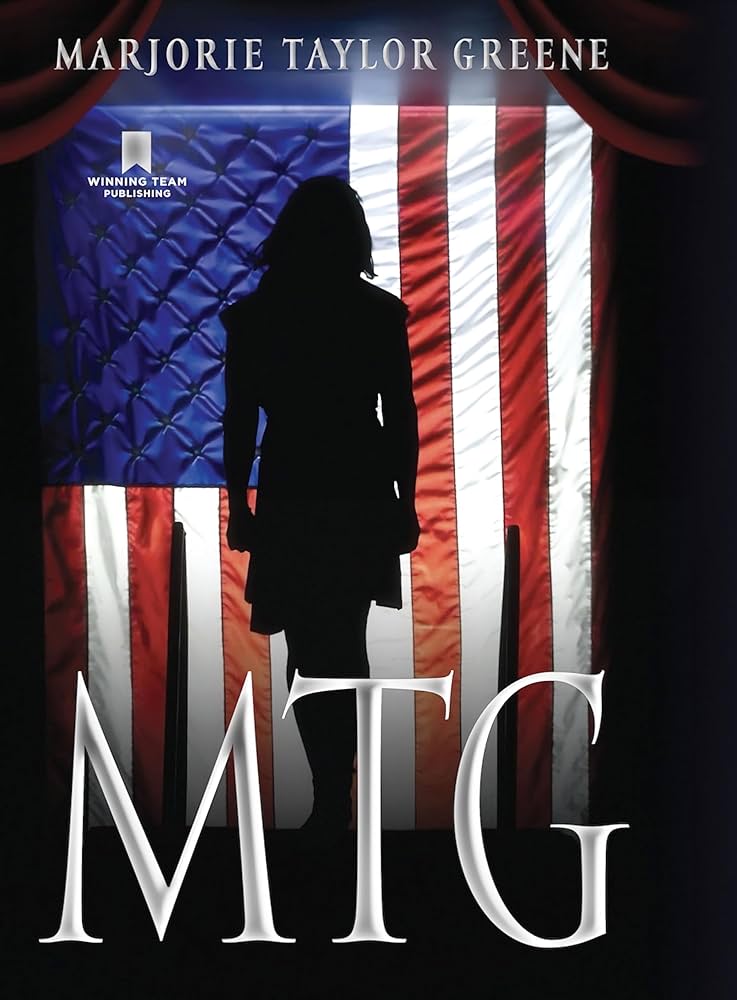Understanding Marjorie Taylor Greene: An Insight into Her Influence and Controversies
Marjorie Taylor Greene, often referred to by her initials MTG, has become a prominent figure in contemporary American politics. Her rise to notoriety has been punctuated by her polarizing statements, fervent support of various conspiracy theories, and her position as a Representative from Georgia’s 14th congressional district. This article delves into her background, political beliefs, key controversies, and the impact she has had on the political landscape.
Who is Marjorie Taylor Greene?
Born on May 27, 1974, in Milledgeville, Georgia, Marjorie Taylor Greene was raised in a middle-class family and later graduated from the University of Georgia with a degree in Business Administration. After working in her family’s construction business, she became involved in business endeavors, which eventually led her to a career in politics.
Greene’s entrance into politics was relatively recent, as she was elected to the House of Representatives in 2020. Her campaign was characterized by strong endorsements from pro-Trump groups and her alignment with his political ideology. Greene has often publicly expressed her fervent belief in various right-wing conspiracy theories, which had garnered her both intense support and significant backlash.
Political Beliefs and Agenda
MTG’s political views resonate with many right-wing voters, as she positions herself as a staunch supporter of former President Donald Trump. Greene often emphasizes her belief in limited government, Second Amendment rights, and a conservative interpretation of American values. She has positioned herself against what she describes as “socialist policies” advocated by her Democratic counterparts.
One of her most notable political beliefs is her opposition to COVID-19 mandates and her skepticism regarding vaccines. Greene’s stance on the pandemic has stirred considerable debate, especially considering the overwhelming scientific consensus on the vaccine’s efficacy. Her position has earned her both fervent support from anti-vaccine groups and substantial criticism from public health advocates.
The Controversies Surrounding Marjorie Taylor Greene
MTG’s career has been marred by numerous controversies, many surrounding her statements and actions that have been deemed inflammatory. Notably, she has faced criticism for her past social media activity where she supported conspiracy theories, including QAnon, and made derogatory comments about various social issues.
In 2021, she faced significant backlash for her comments regarding the Holocaust, which she analogized to mask mandates during the COVID-19 pandemic. This statement drew widespread condemnation from both sides of the political aisle, labeling her comments as historically ignorant and deeply offensive.
As a result of her remarks and actions, the House of Representatives stripped her of her committee assignments, a rare move that underscores the seriousness of her perceived behavior. Greene continues to argue that her views are being unfairly censored and has positioned herself as a martyr for free speech in the political landscape.
Marjorie Taylor Greene and the New Age of Politics
Greene embodies a new wave of politicians who blend celebrity culture with political discourse. Utilizing social media platforms effectively, she has built a substantial following that allows her to bypass traditional media channels. This technique has proven successful in rallying support but has also contributed to the political polarization witnessed in recent years.
Her influence is indicative of a growing faction within the Republican Party that welcomes unconventional figures and ideas, marking a departure from traditional political norms. This shift has made Greene both a controversial and a compelling figure in modern politics.
The Impact of Marjorie Taylor Greene
Greene’s impact on American politics is multifaceted. On one hand, she has energized a segment of the Republican base that feels alienated from mainstream conservative figures. On the other hand, her actions have drawn significant criticism, contributing to the narrative regarding the GOP’s embrace of extremism.
As businesses and organizations navigate the climate created by leaders like Greene, the emphasis on ethical leadership and responsible discourse becomes more paramount. Her example raises questions about accountability in public office and the societal consequences of divisive rhetoric.
Conclusion
Marjorie Taylor Greene remains a controversial figure in contemporary politics, embodying the complexities of the current political climate in the United States. While she has garnered significant support for her outspoken nature and adherence to right-wing principles, her actions have also sparked robust debates on accountability, free speech, and the role of public officials in promoting discourse.
For those interested in learning more, consider exploring her history and the impact of her political career further through the resources available on platforms like Amazon.








